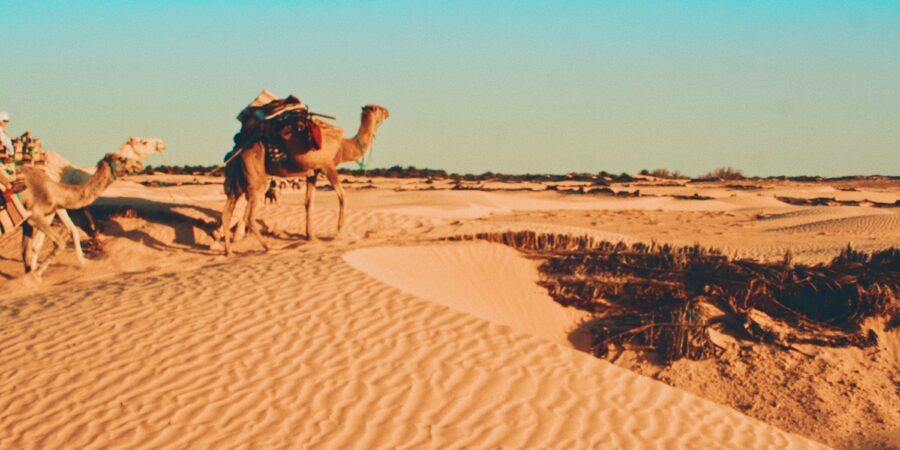It’s safe to say that Tunisia is one of the most enticing traveling holiday locations in Africa. Beautiful Mediterranean beaches, exotic restaurants serving delicious cuisine with European flair, and constant golden sunshine against the backdrop of the Sahara are some of the charms served up by this tiny North African country on a platter.
Remarkably, though, Tunisia is so much more than all these. Being one of the oldest countries in the world, Tunisia packs a lot of history within its shores, with ancient relics and amazing cultural influences to prove it. Tunisia is also more religiously tolerant than most other Islamic nations.
Tourism in Tunisia is not what it once was, due to a series of violent events that took place in the country in the past. However, Tunisia remains one of the most popular destinations in Africa. Here are a few things to know about the country.
Safety And Security
The Arab spring began in this country, and to date, Tunisia is still in a period of transition. While those scenes are unlikely to be repeated anytime soon, demonstrations are still held sometimes, to the annoyance of the authorities. It’s best to check your movements within the country and avoid places where these demonstrations occur.
The country has also been the victim of terrorist attacks against foreigners, and there is still tension in some parts of the country. Female tourists traveling alone may face harassment from Tunisian males, so it’s best not to wander around alone. Further, while Tunisian women dress less conservatively than other Arabs, they still exercise moderation, and it will be expected of you too.
Like most other places in the world, theft is a recurring issue in Tunisia. You’d need to be vigilant with your properties, keep your valuables in a secure location, and don’t show off large amounts of money.
Health
Sunburn is a major risk in Tunisia, so ensure that you frequently apply sunscreen. Malaria is not a significant problem in the country, but still, go with a repellent.
Before you enter the country, ensure that you’re vaccinated against yellow fever. As it is prevalent in that part of Africa. You should also get vaccinated against Hepatitis A and B, typhoid, and polio.
The water in the country is generally safe to drink, but be careful with the food. Badly cooked food can lead to complaints of diarrhea.
Visa Requirements
Tunisia offers visa-free entry to citizens of several countries in the traveling world. That are Niger, Mexico, the USA, the UK, and Russia, for stays of up to three months. However, if you’re not from any of the states covered by this rule. You’ll have to apply for a visa at the Tunisian embassy in your country.
A passport is also required for entry, along with proof of vaccination against yellow fever and Hepatitis A and B.
People
The capital and certain parts of Tunisia are less conservative than most Islamic nations. Women are allowed to show skin in beaches and even hotels. Beyond these areas, though, it’s important to dress modestly, as Tunisia is essentially still a Muslim country.
Also, take note that other parts of the country are not as liberal as the urban areas and people in the rural areas are still a whole lot more conservative.



